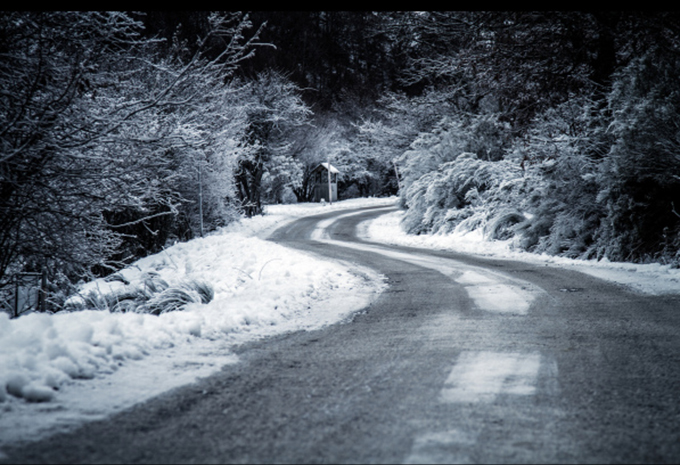S is for SPECULATE
The word speculate has bad press. It is usually equated with guessing, making things up. Not good. However, to speculate can also mean to theorise, hypothesise, surmise, make a supposition.
Speculation needs a bit of a helping hand IMHO. This is my attempt at recuperating it. Speculation in research doesn’t mean guessing but rather means asking What if… What if….
Traditionally, much research began with some form of speculation that was then tested out – that is, the research had a hypothesis. A hypothesis is really just a What if that is stated as a positive. And this kind of hypothesising What if isn’t plucked out of thin air. It’s based on previous work, the researcher’s or other people’s, which suggests that potentially, possibly, maybe, this looks interesting…
These days, hypothesis-led research is only one of a number of ways to design a research project. Interpretive and ‘blue skies’ research traditions for example, are typically open-ended and do not have a hypothesis at the start which steers the investigation and results. They may have a more tentative beginning – one that actually looks more like a suppositional What if.
But What ifs don’t stop once the purpose of research is decided. There is an important role for speculation in other stages of research, no matter its tradition or design. Speculation is very helpful in research, as long as we are aware that we are considering what might be possible. As long as we are asking What if.. What if…
For example:
- when we begin to think beyond the aim of a research project, it is often helpful to speculate about alternative questions we might ask – have we really got the best one(s)? We might also What if… in relation to where we might base the study, how long it might be, who might be involved, the tools we might use… What if I do this? What if I use this? Speculating helps us move out of our usual default position, to canvass other possibilities, and to be more daring in our ambitions.
- when we read a disparate set of materials, we might speculate about whether they can be brought together in some way. We don’t actually know whether it will make sense until we try to do it. But before putting hand to mouse it is useful to spend some time thinking about how the putting together might be done. What if I could…? What if I put this with that?
- when we have a great swadge of data and we are feeling a bit (or a lot) overwhelmed by it, we might speculate about ways in which we might tackle it. What possible strategies are there to reign it in, force the unseemly mass of stuff into order? What if I tried…? What if I grouped this and this…?
- when we have an emerging analysis and we can see trends starting to firm up, it is often useful to begin to think about ways in which these might be interpreted and explained. What theoretical resources might we draw on in order to make sense of what we can almost glimpse? What if I worked with the idea that …. ? What if I argued …? What if this means that…?
We can help our practices of speculation along.
We can for instance begin to talk through our ideas to ourselves (but be aware this can be seen as a somewhat eccentric habit) – or talk with others. There are also a variety of written processes we can use to support speculation – brainstorming and mind maps for example suit some people. Others are more drawn to writing – blog posts, memos, random notes, journaling.
The most important thing is that we understand it’s OK to speculate. In fact, it’s more than OK. Interesting research really does depend on us being able to ask What if? What if? When we come up with possible answers to our What ifs, we have something to work with and against. And one or more – or possibly none – of our What ifs will be borne out through the rest of the research process.
Speculation is essential for imaginative and creative research. Creativity – possibility thinking as the late Anna Craft dubbed it – is not a matter of technique; it can be prompted by tools and strategies and it is made tangible by our expertise. So a repertoire of prompts and strategies that assist creative research thinking is helpful. One such prompt is the invitation to speculate using the question What if…. What if…?
Via Speculate so to speak, as the picture above suggests.

